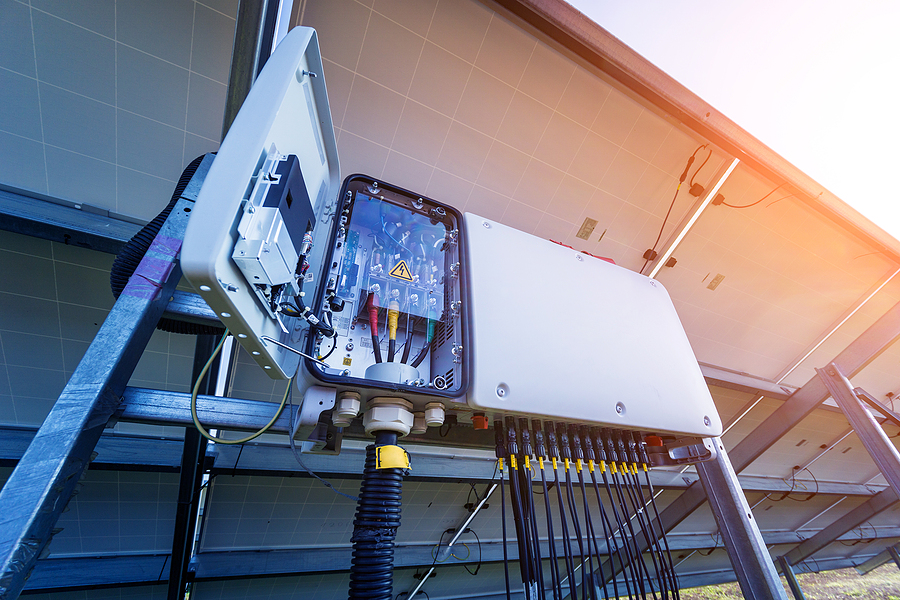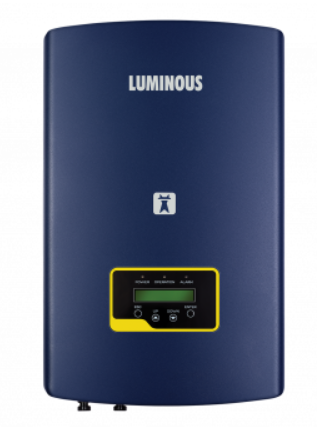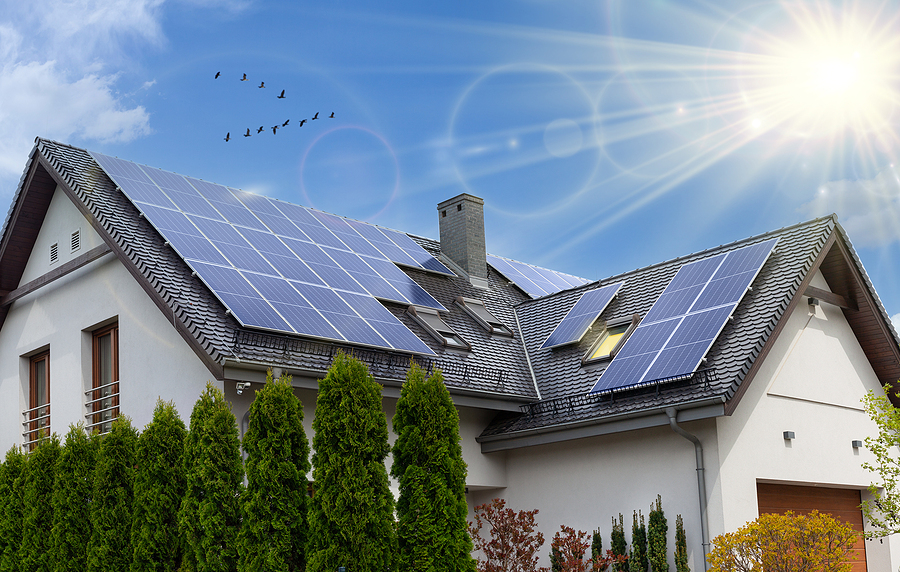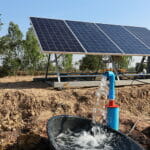Alternating current (AC) is required by most household equipment to operate. On the other hand, a solar battery generates a direct current (DC) from solar panels. For this reason, your solar panels’ DC output must be converted into AC power before it can be used to power your appliances.
A solar inverter’s kind and feature set must be taken into account while making a purchase. Your solar panels’ electricity must go via an inverter, so you don’t want to end up with a flawed system because of the wrong selection. The article will outline choosing a suitable solar inverter for your home’s solar energy system.
Compare Solar Inverters based on their Energy Efficiency.
Checking and comparing solar battery inverters’ efficiency is essential since efficiency is the lifeblood of all solar inverters. But you must be cautious while choosing your desired solar inverter since not all highly efficient ones will be able to match your requirements.
Do Your Research on the Vendor’s Reputation
Some brands are instantly recognizable to the general public. There are, however, a few people who have never heard of them. Visit the official websites of the companies you’re considering. You may rank and narrow down your alternatives by reading consumer comments, blogs, reviews, or forums. The reputation and quality of a firm are inextricably linked when it has a high number of good online reviews.
Analyze the Most Important Parameters of Various Inverters
Solar battery inverters don’t generate power; they run on predetermined settings. Consider the following: its output AV voltage, input DC voltage, frequency, and proper circuitry are all crucial considerations. For example, a typical home solar power system should have an input voltage of 24 VDC and an output voltage of 48 VDC.
Invest in an Inverter with Extraordinary Capabilities
The majority of the time, inverters are mounted on the outside of buildings. The voltage of a solar system is often increased by high temperatures and decreased by cold temperatures. Inverters might be damaged if the maximum voltage is exceeded. The inverter may also cease working if your system’s voltage drops too low.

As a result, a solar inverter with weather-resistant characteristics will be the ideal option. For example, a sturdy inverter should have a strong shell or a technology that can ensure a consistent operation even in a wide range of weather.
Check the Solar Inverter for Additional Accessories or Tracking Devices.
Over time, all devices will develop faults. However, some solar inverters are integrated with chips or smaller devices that are meant to monitor any malfunctions that may occur. These tracking devices convey vital information to the installation firm in the event of a malfunction so that they can assist you in fixing the issue.
The solar inverter should also include optional monitoring components to monitor your solar system’s performance. Thanks to the monitoring gadget, you’ll be able to see how much electricity your system generates daily, monthly, or annual. Keeping tabs on the efficiency and performance of your system and the solar battery inverter may be as simple as downloading a smartphone app.
Conclusion
The DC electricity generated by a solar battery must be converted to AC power by a solar inverter before it can be used by most household appliances in a solar-powered home. As a result, finding a suitable solar inverter might be difficult since you need to know how it works. You’ll be able to locate the proper solar inverter with the help of the information supplied here.
Image Source: BigStockPhoto.com (Licensed)
Site Disclaimer
The Content in this post and on this site is for informational and entertainment purposes only. You should not construe any such information or other material as legal, tax, investment, financial, or other advice. Nothing contained on our Site constitutes a solicitation, recommendation, endorsement, or offer by HII or any third party service provider to buy or sell any securities or other financial instruments.
Nothing in this post or on this site constitutes professional and/or financial advice. You alone assume the sole responsibility of evaluating the merits and risks associated with the use of any information or other content in this post or on this site.
You recognize that when making investments, an investor may get back less than the amount invested. Information on past performance, where given, is not necessarily a guide to future performance.
Related Categories: Environmental, Reviews






